The Lights On Movement A Movement For Truth & Reconciliation September 30 – October 31 2025
The Lights On Movement A Movement For Truth & Reconciliation September 30 – October 31 2025
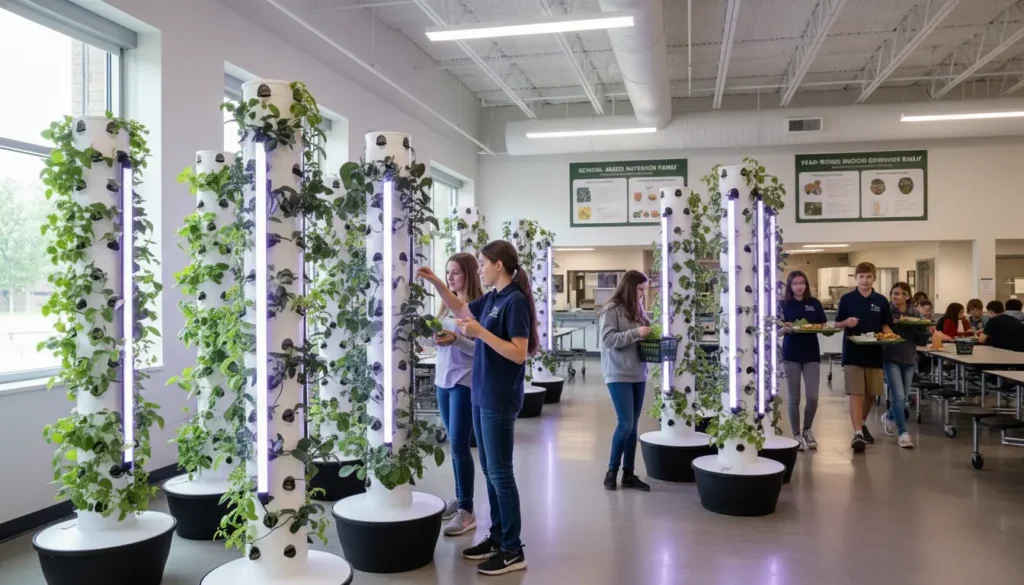
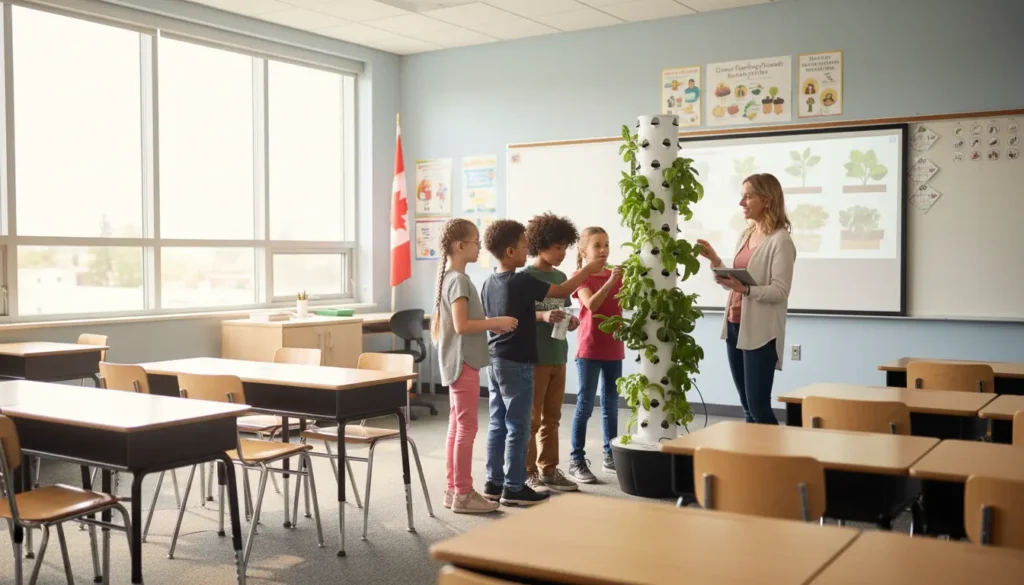
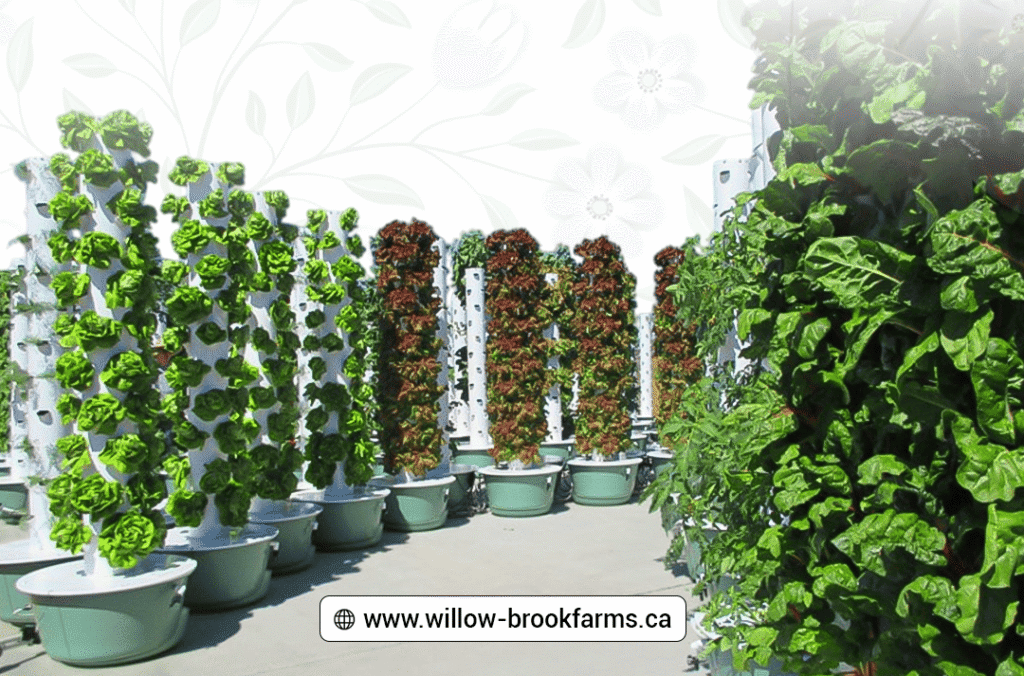
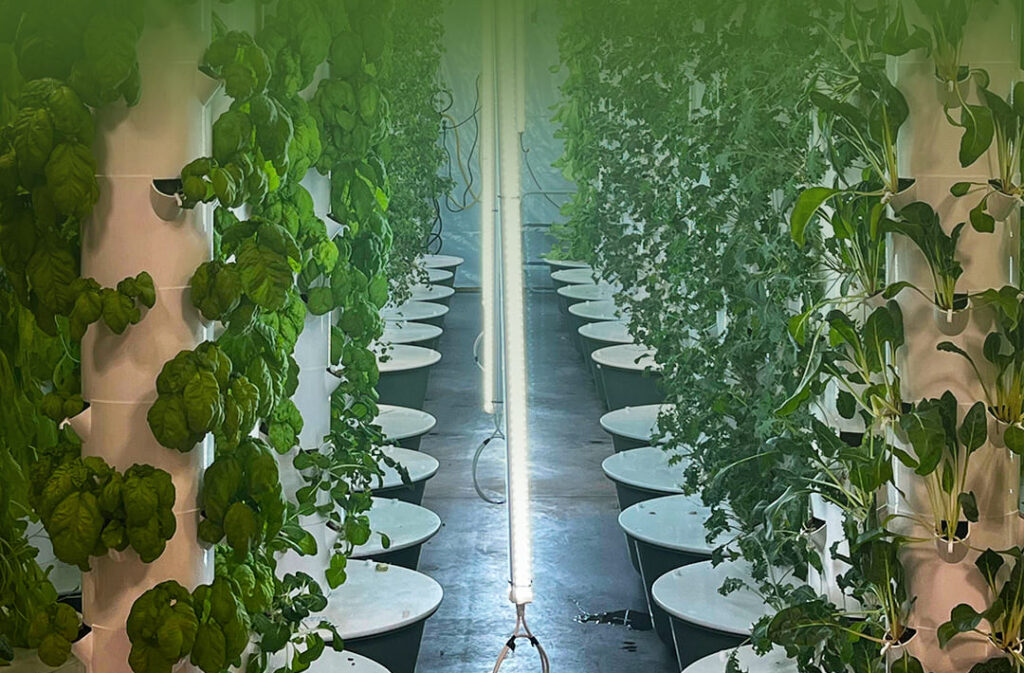
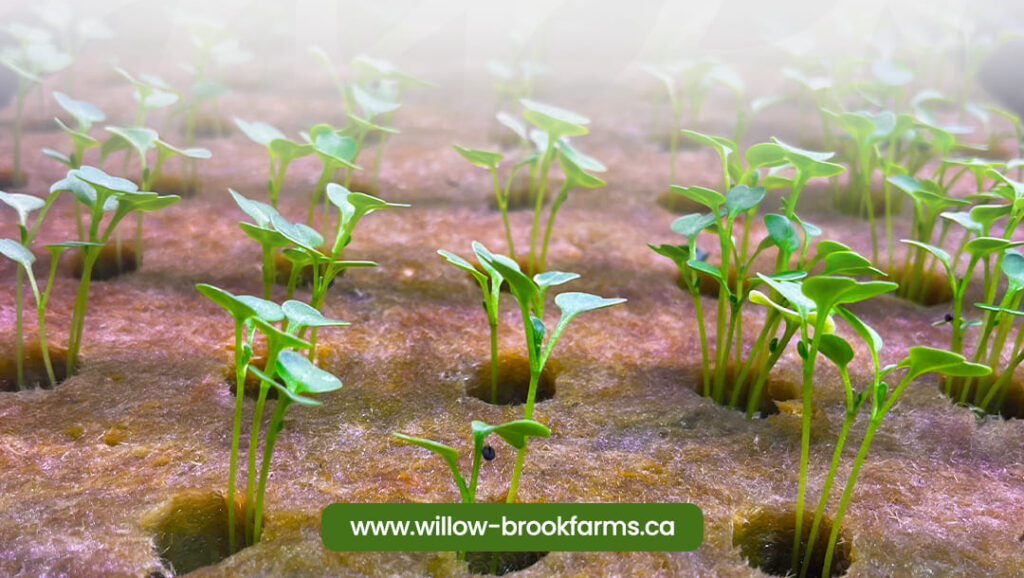
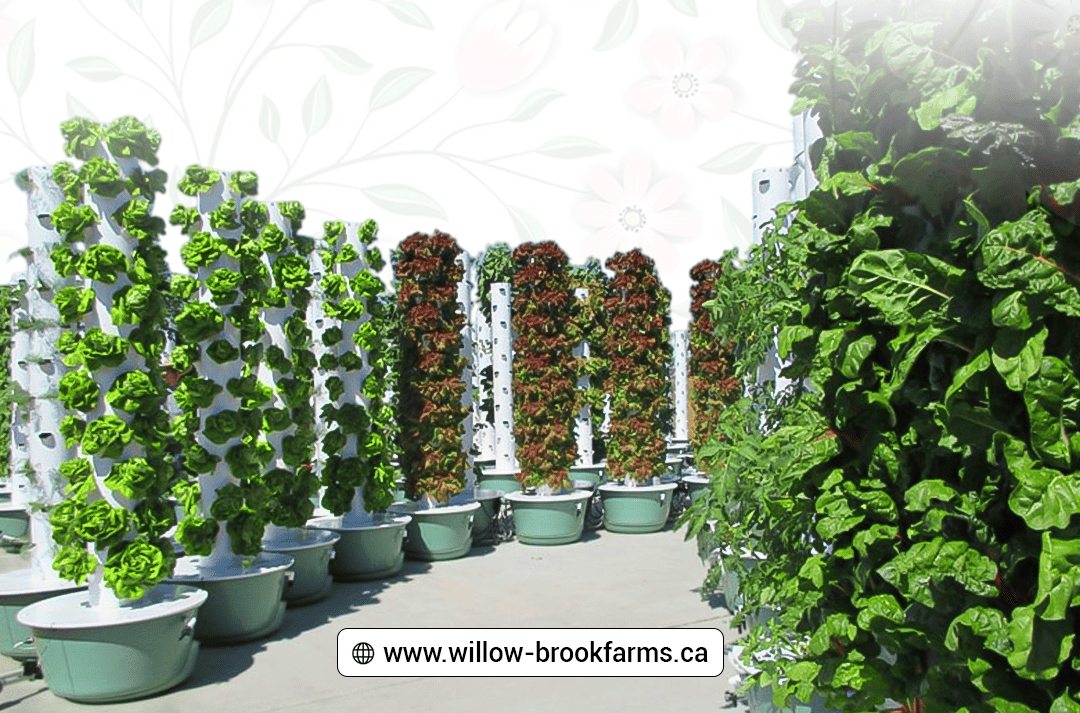
Explore community-based solutions that strengthen Indigenous food sovereignty across Canada.
For thousands of years, Indigenous peoples across Canada sustained themselves through deep relationships with the land. Hunting, fishing, foraging, and seasonal harvesting were more than survival they were expressions of identity, sovereignty, and intergenerational knowledge.
But in the wake of colonization, industrialization, and systemic displacement, many of these connections were disrupted. Today, food sovereignty is more than a movement—it’s a reclamation. It’s about control. About resilience. About returning to systems that reflect who we are, how we live, and what we value as Indigenous nations.
At Willow Brook Farms, we work alongside Indigenous communities to reimagine local food systems through culturally grounded, future-forward growing technologies. This article explores what Indigenous food sovereignty means today and how we can rebuild systems that nourish both body and spirit.
Food sovereignty is the right of people to define their own food systems. It means having the power to grow, harvest, distribute, and eat food that’s culturally appropriate, ecologically sound, and economically viable.
For Indigenous communities in Canada, this goes deeper:
Restoring relationships with traditional lands and foodways
Reclaiming autonomy over what is grown and consumed
Passing knowledge to future generations
Healing from the imposed systems of colonialism
It’s not just about food. It’s about sovereignty, health, identity, and justice.
In too many Indigenous communities—especially in remote areas—residents rely on food that’s flown or trucked in. Shelves are stocked with ultra-processed products. Fresh fruits and vegetables, if available, come at a premium. And breakdowns in supply chains only make the situation worse.
This isn’t just inconvenientit’s dangerous.
Food insecurity affects over 50% of Indigenous households in some parts of Canada.
Rising transportation costs mean higher prices for staple items.
Climate change and geopolitical instability threaten global supply chains.
Access to traditional foods—deer, fish, berries, wild plants—is increasingly limited by land loss, water degradation, and species decline.
Community leaders are asking: What happens if the trucks stop coming?
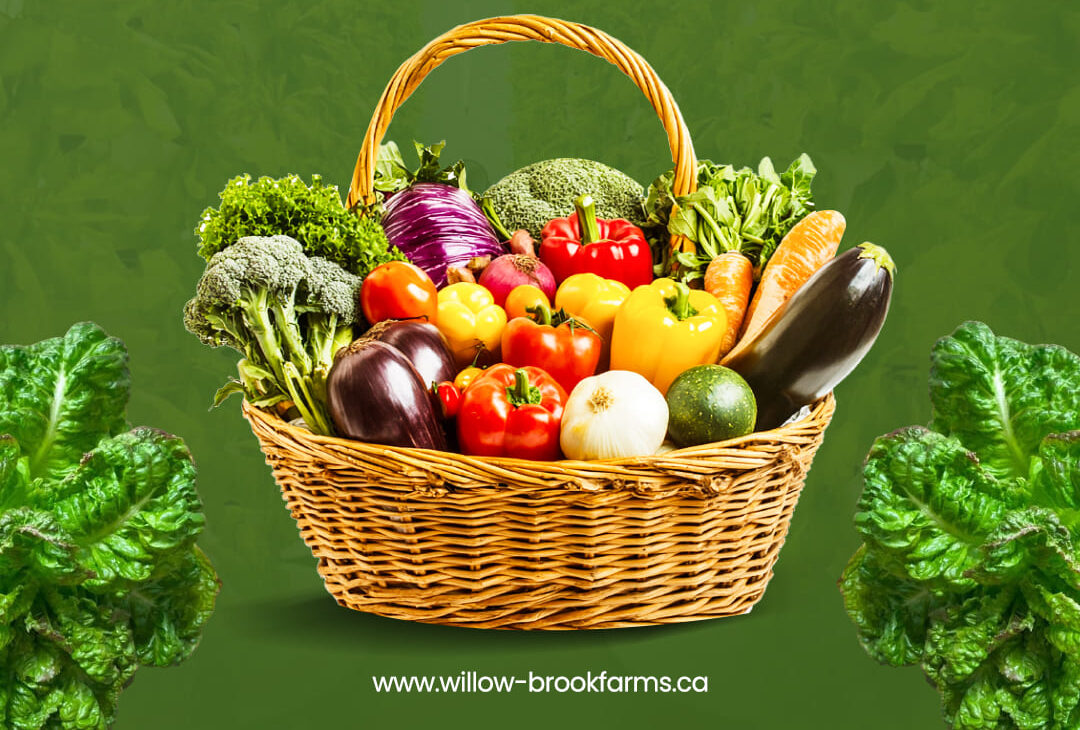
Colonial policies from forced relocation to the banning of cultural practices deliberately disrupted traditional food systems. Lands were seized. Fishing rights revoked. Knowledge pathways broken. The impacts are still felt today in chronic illness rates, cultural loss, and disconnection from land-based practices.
But the knowledge is still here.
Elders remember the seasons. Harvesters know the rivers. Medicine gatherers know where to walk.
The question isn’t whether Indigenous food systems can be rebuilt. The question is: how do we support their restoration in ways that reflect present-day realities?
This is where innovation can support sovereignty not replace it.
At Willow Brook Farms, we design and deliver Canadian-engineered vertical farming towers that allow communities to grow fresh produce year-round. Built for small spaces, harsh climates, and remote locations, these systems offer a reliable, local alternative to shipped-in food.
We’re proud to partner with Indigenous schools, councils, and health programs to:
Our towers aren’t a silver bullet—but they’re a powerful tool in a larger strategy to rebuild local capacity.
Too often, good ideas fall apart without the resources to bring them to life.
Communities may want to grow their own food—but run into challenges like:
We’ve built our model to respond to these realities.
Willow Brook Farms provides:
From a single school tower to a full-scale greenhouse integration, we walk with communities every step of the way.
Food is memory. It’s language. It’s a ceremony. And in many Indigenous communities, it’s also a form of resistance.
Food sovereignty efforts are reconnecting youth with elders, bringing back harvesting knowledge, and reinforcing the spiritual dimensions of feeding one another with dignity and purpose.
In one community, vertical towers are used in tandem with traditional food teachings kids grow lettuce indoors while learning how to smoke fish outdoors.
In another, towers are placed in wellness centres where clients manage their own healing through nutrition, land connection, and responsibility.
It’s not about replacing ancestral practices—it’s about making space for them to grow in a modern world.
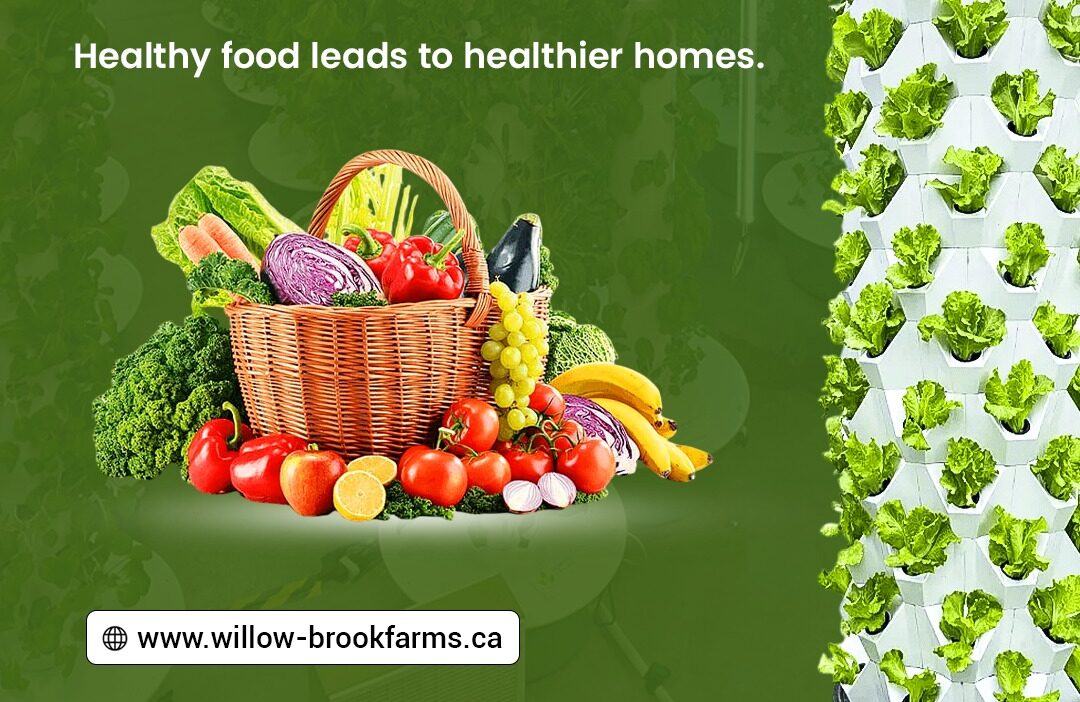
Many of the most pressing health issues in Indigenous communities—diabetes, hypertension, nutrient deficiencies are directly linked to food systems.
When communities reclaim control over what they grow and eat, they take a critical step toward healing.
Vertical farming doesn’t solve every challenge, but it helps by:
Increasing access to fresh, nutritious produce
Reducing reliance on expensive, processed foods
Empowering individuals to grow their own food
Supporting local wellness initiatives with culturally aligned nutrition
When food is grown with intention, it feeds more than the body.
Willow Brook Farms was founded by a Métis entrepreneur who understood firsthand the power of food to transform lives. What began as a passion for growing clean, local produce has evolved into a national movement—one rooted in reconciliation, innovation, and Indigenous leadership.
Our approach is simple:
Build tools, not dependencies
Partner with, not prescribe to, communities
Respect the land and the people who steward it
Food sovereignty is not a product. It’s a process. And we’re here for the long haul.
Whether you’re an educator, elder, council member, or nonprofit leader, the next step begins with a conversation.
If your community is exploring ways to increase food independence, bring youth into leadership, or restore health through sustainable growing—let’s talk.
We offer:
Customized community consultations
Support for grant applications and funding strategy
Culturally responsive tower farming systems
Scalable models for households, schools, and health centers
Indigenous food sovereignty isn’t a trend. It’s a return. And we’re honored to support that journey.